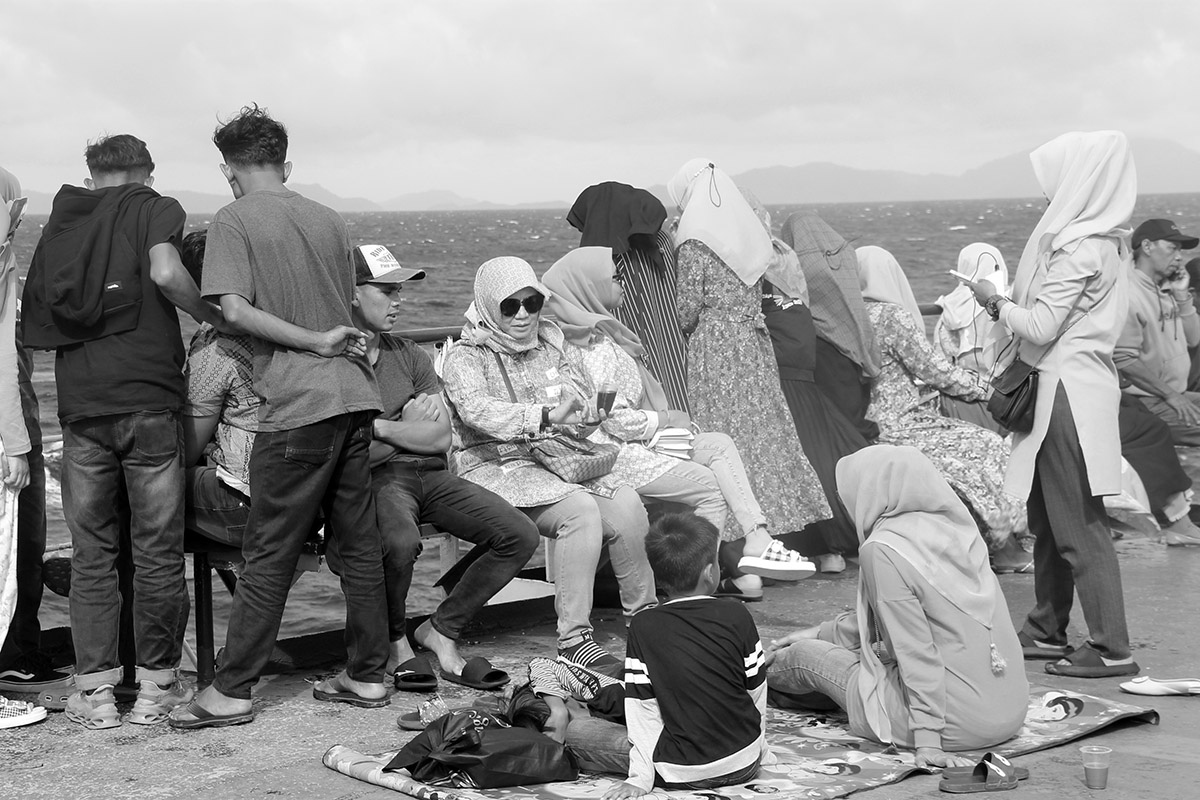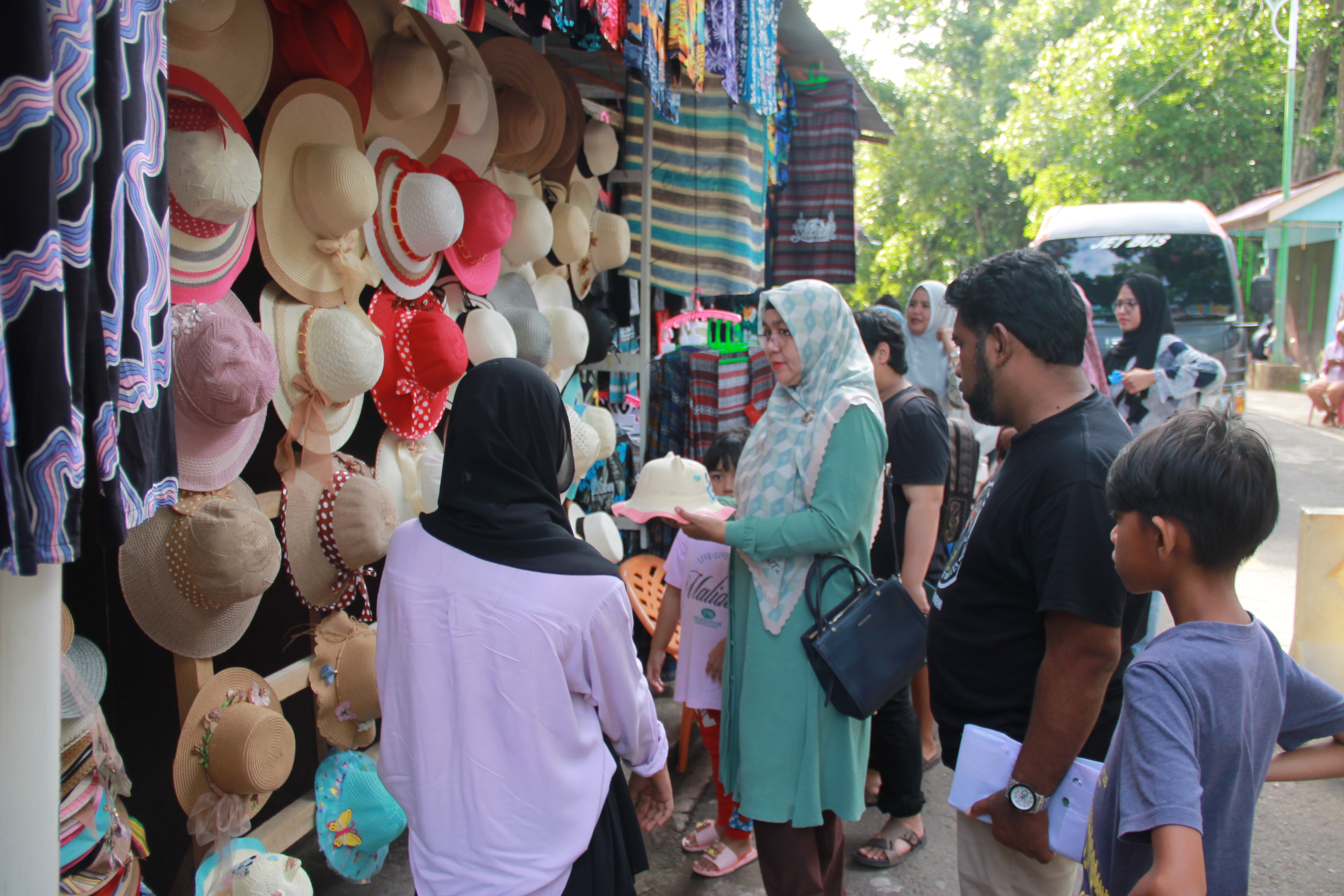Women Are a Determining Factor for Food Security |
Acehnese women are the backbone of the family in the food security sector.
Gayo female farmers are involved in land cultivation activities (on farm), agricultural product processing, to food distribution. They not only produce food, but are also the main person responsible for fulfilling nutrition for all family members.
Various research results show that women are a determining factor in food security for their families, starting from the production process on agricultural land, marketing to providing food and are responsible for fulfilling family nutrition so that women have a very important contribution to family food security (Shamadiyah & Nasution, 2018).
The amount of agricultural production depends on the area of land owned, quality, and weather, as well as knowledge in agricultural aspects. The harvest is sold and sometimes only enough for family needs.
There is always a market for agricultural products, but there is no price guarantee. The opportunity for farmers to sell their crops is actually very large, but sometimes market games are very disturbing for farmers who expect prices according to the efforts they have made.
Marketing of agricultural products is sometimes also sold to large traders or known as "tauke" to cover debts before harvest (usually to buy production tools such as equipment, fertilizers, pesticides, or family needs) so that farmers only get small profits.
Price manipulation is another homework that must be completed because it creates an imbalance between the price of agricultural commodities and the level of farmer welfare.
Marketing channels through agents are not very profitable in terms of income because prices are determined by market mechanisms. However, this is the fastest marketing channel and agents come directly to their land to pick up agricultural products. Thus, farmers do not need to bother thinking about transportation for sales.
In addition to agents, currently some farmers have joined farmer cooperatives to sell their agricultural products at fairer prices, amidst the increasingly small role of cooperatives as pillars of the national economy. There are also consumers who come directly to farmers to buy, but this is very rare.
Gayo women always ensure and control the availability of supplies for themselves and their family members. The most fundamental mission in this case is how to ensure that everyone can eat three times a day and then the ability to meet balanced nutrition.
Obtaining food ingredients is not difficult. Everything needed is on the market, and some can be obtained from their own gardens. Female farmers usually shop 3-4 times a week. Rice consumption each month ranges from 20-30 kilograms. This depends on the number of family members.
Meanwhile, for vegetables, which can be grown in the garden such as pumpkin, cassava leaves, tomatoes, chilies, and so on. Not only in the garden, consumption plants are also planted in the yard so that the amount is more adequate.
It is very rare for farmers to raise livestock, except for a few families who have horses and are still used to plow the fields. That is why for meat consumption, they fully rely on stock—and affordable prices—in the market.
Although the snacks available are diverse, this does not mean that food diversification has been carried out among Gayo farmers.
However, based on the consumption behaviors described, it can be assumed that food diversification does not exist. Farming families are very dependent on these diverse food ingredients.
The diversity of food is stagnant in its variety. This situation is actually quite beneficial. For example, when there is an increase in the price of some basic ingredients, other types of basic ingredients can still be reached without burdening the family's finances.
What do Gayo women do if a food crisis occurs?

